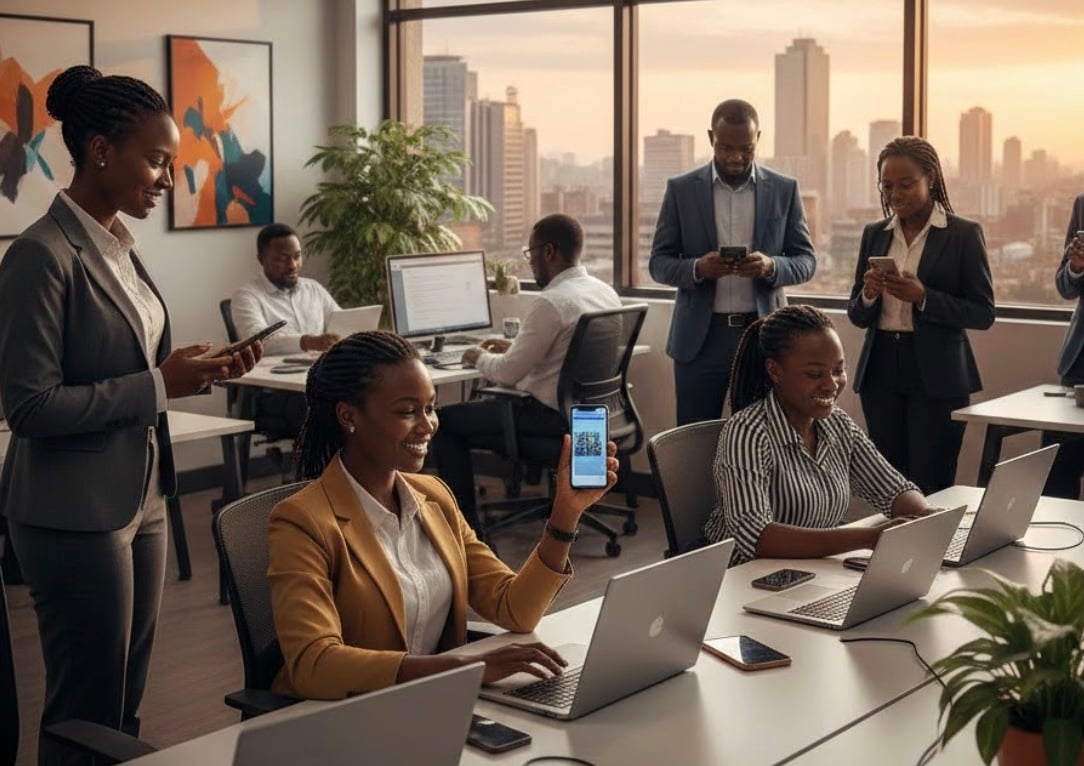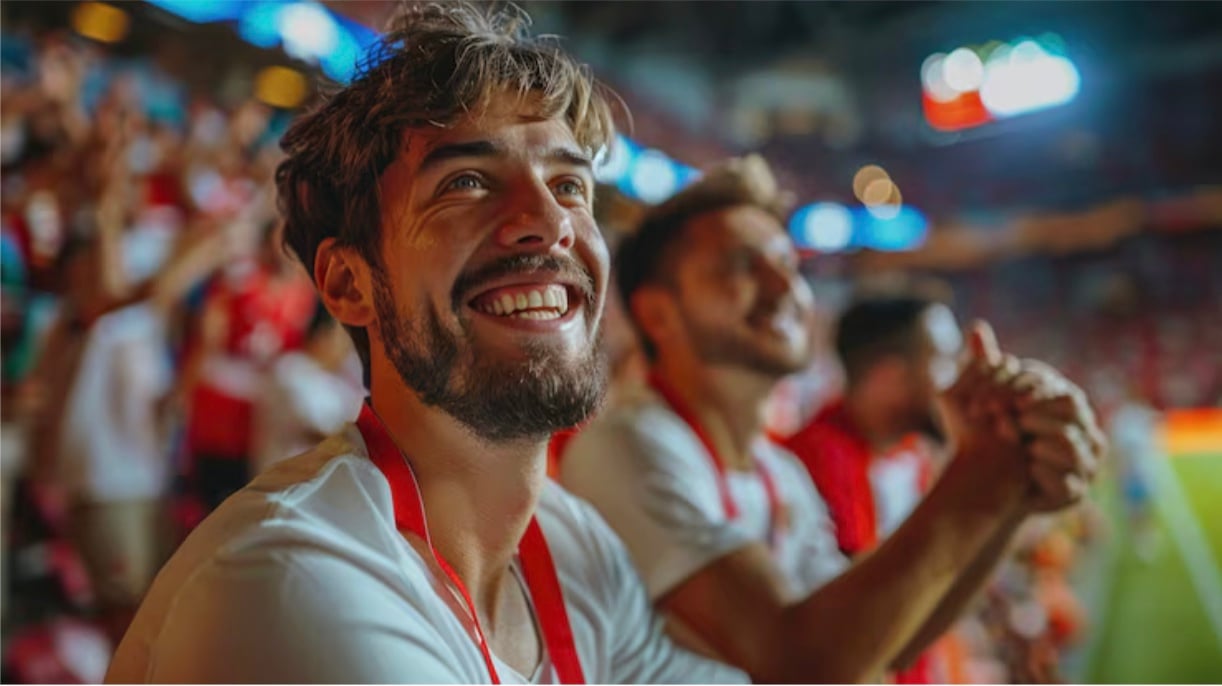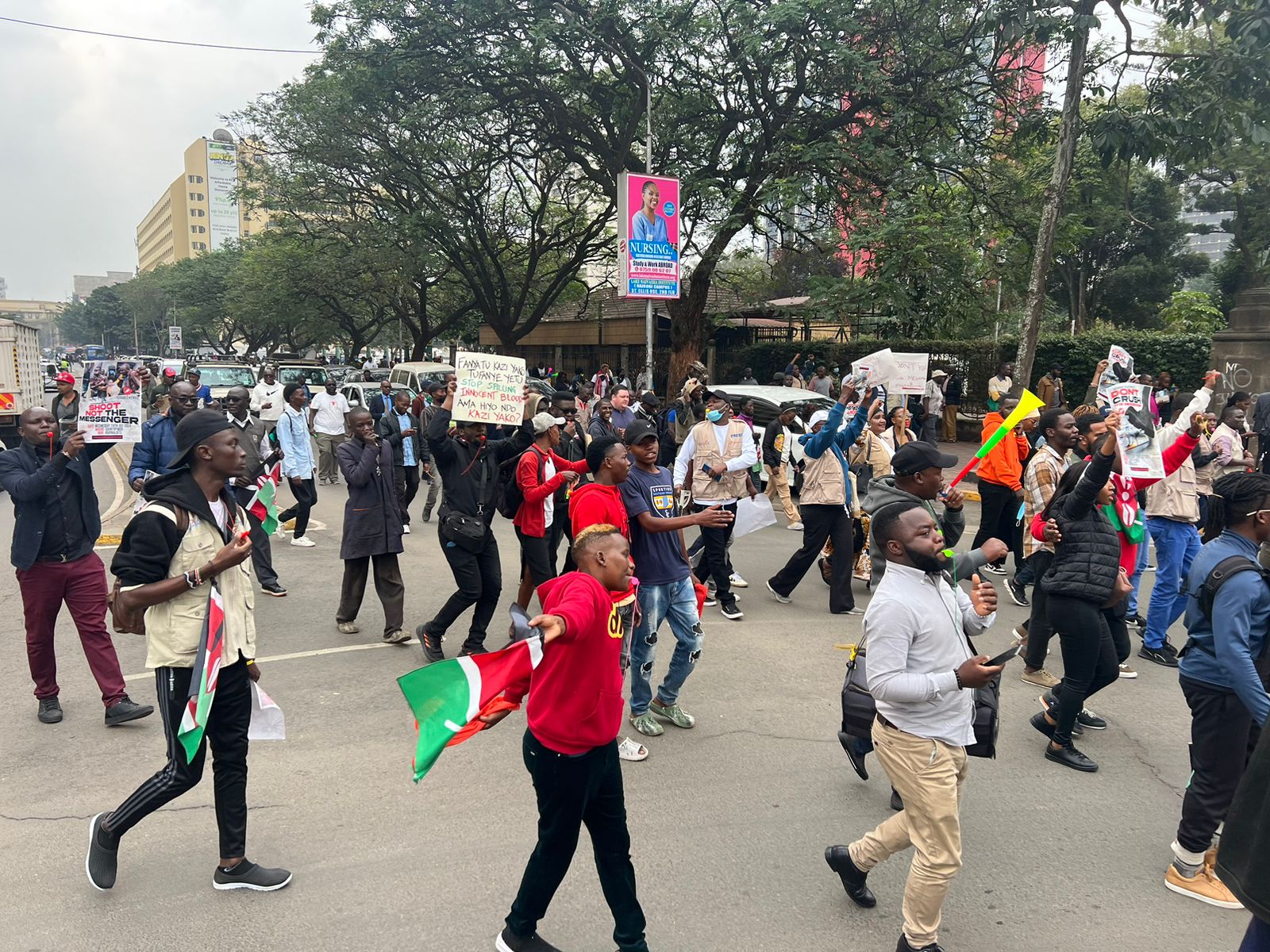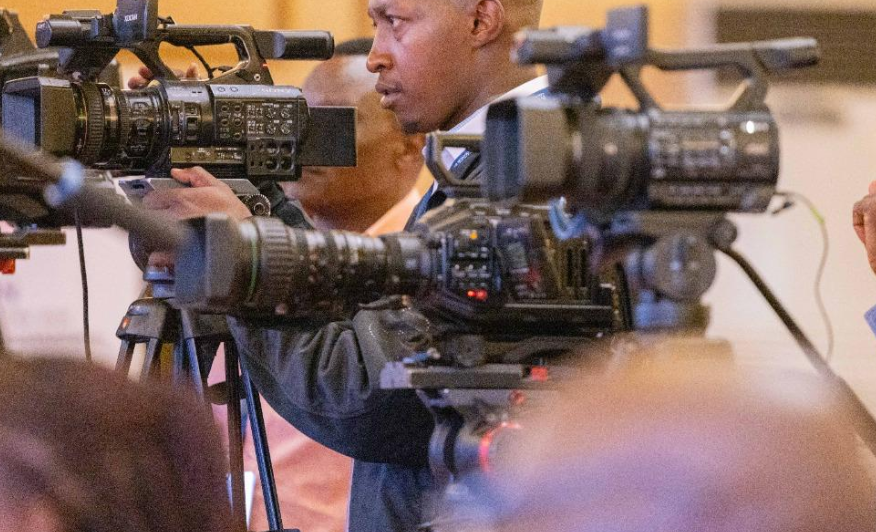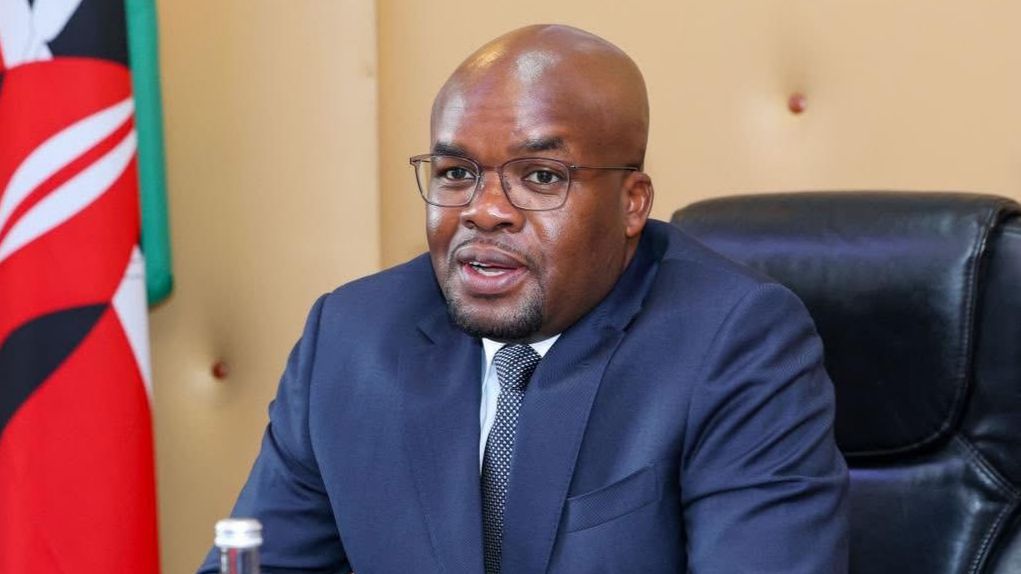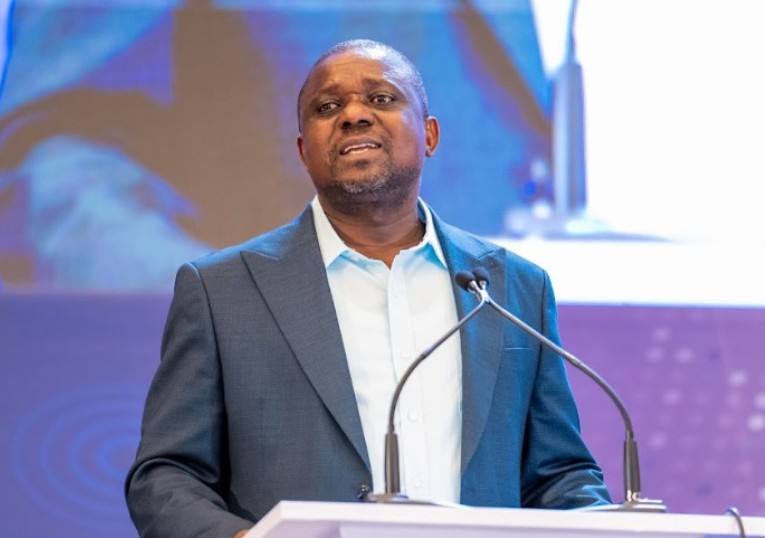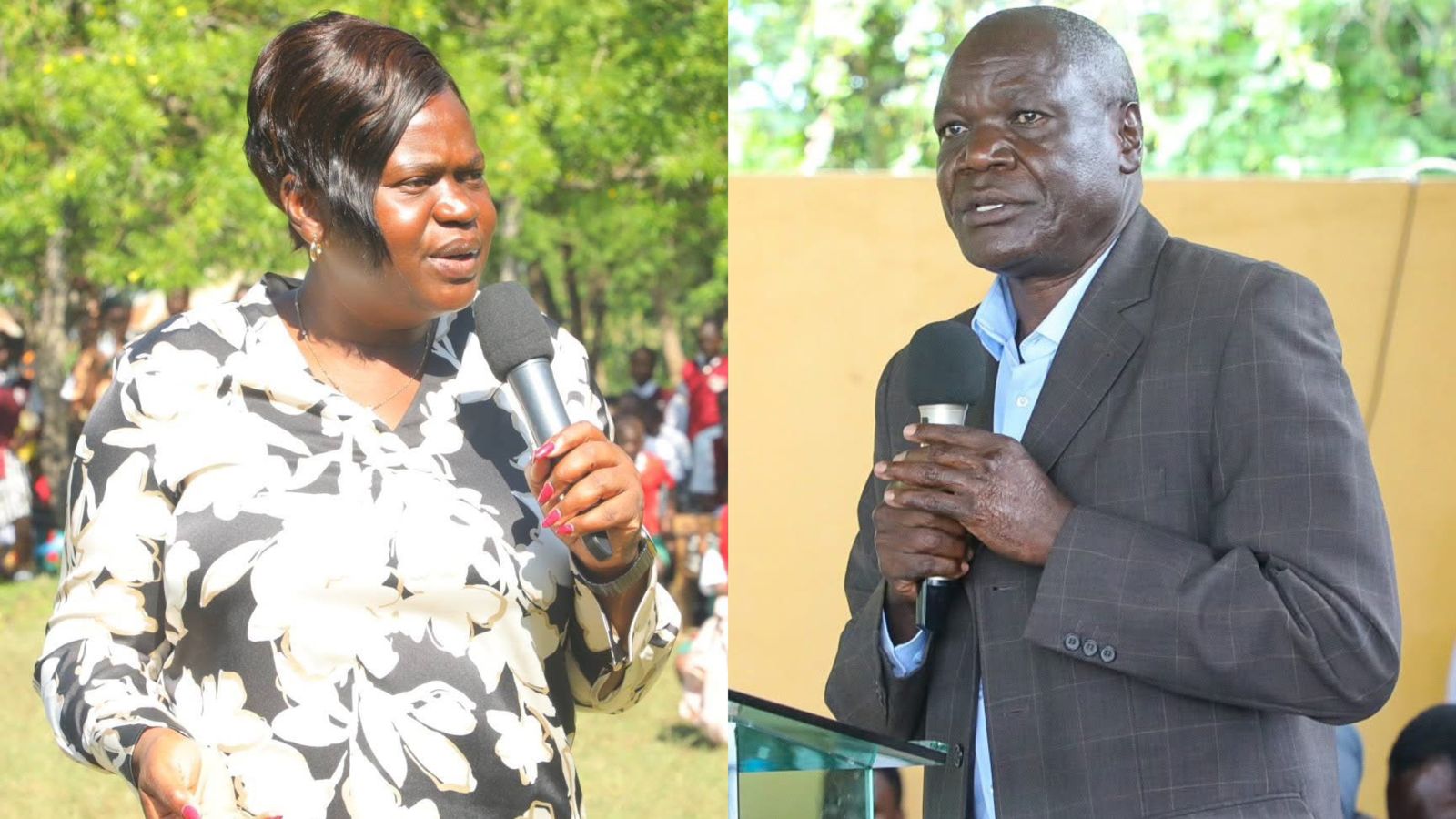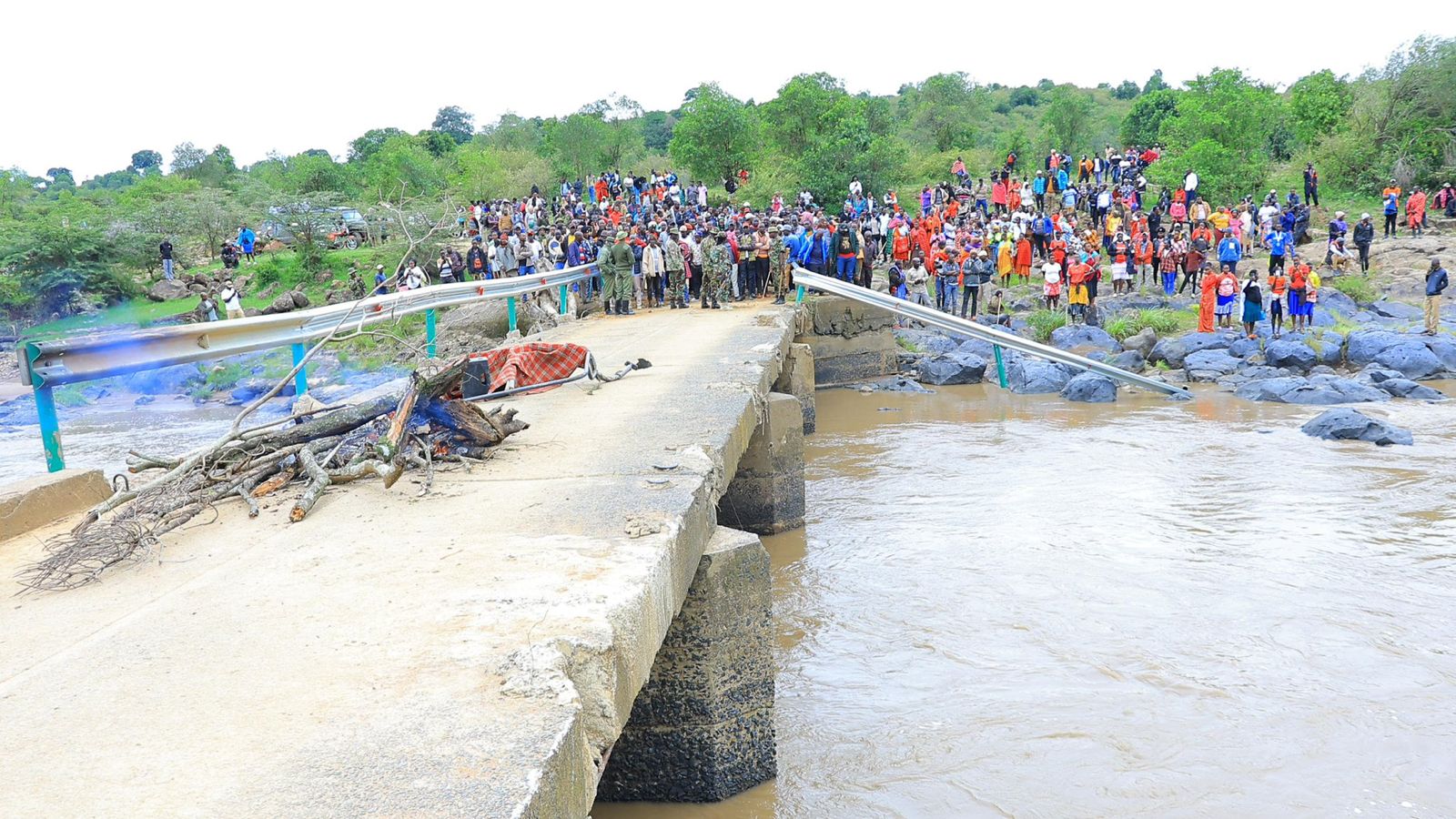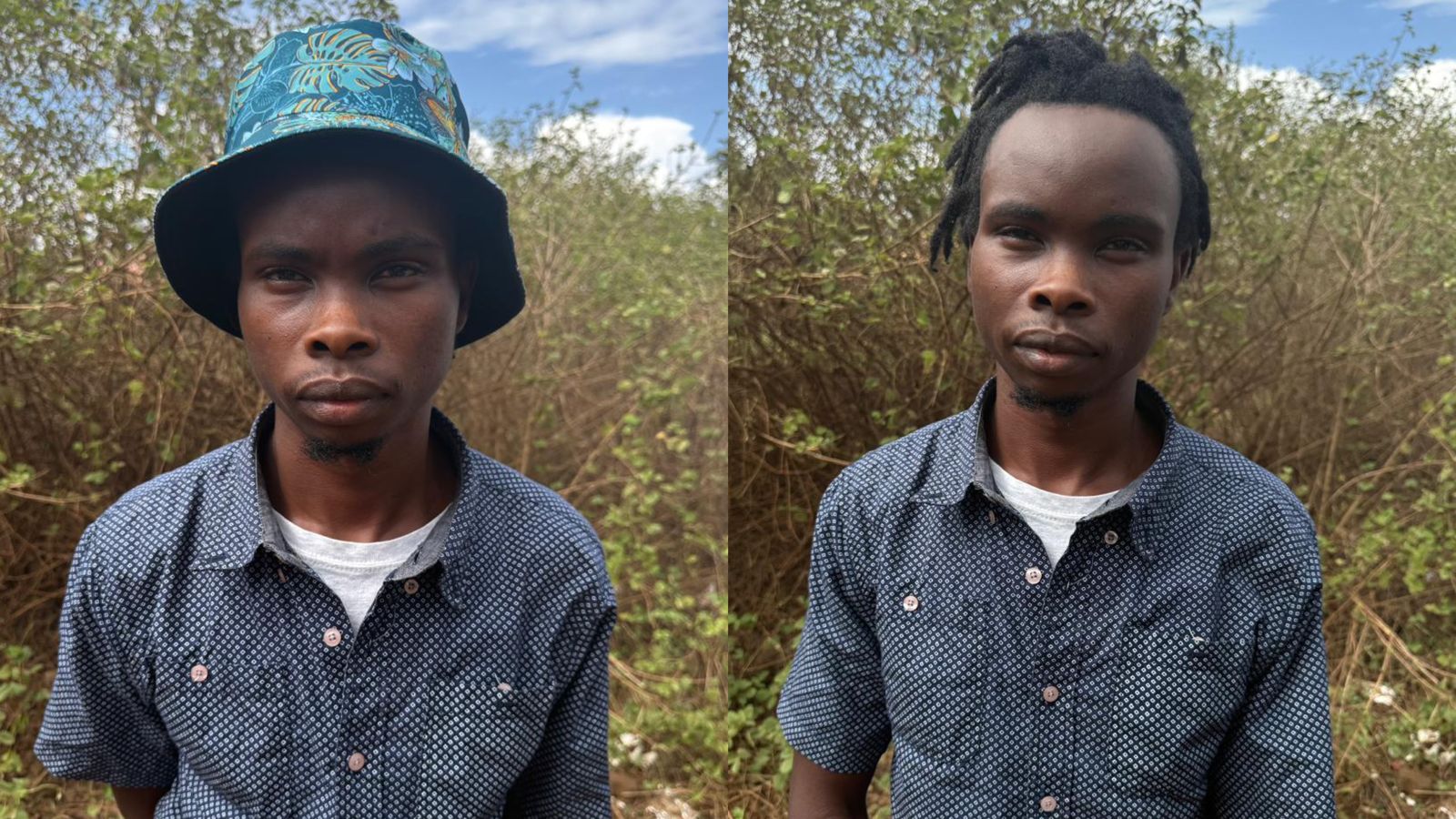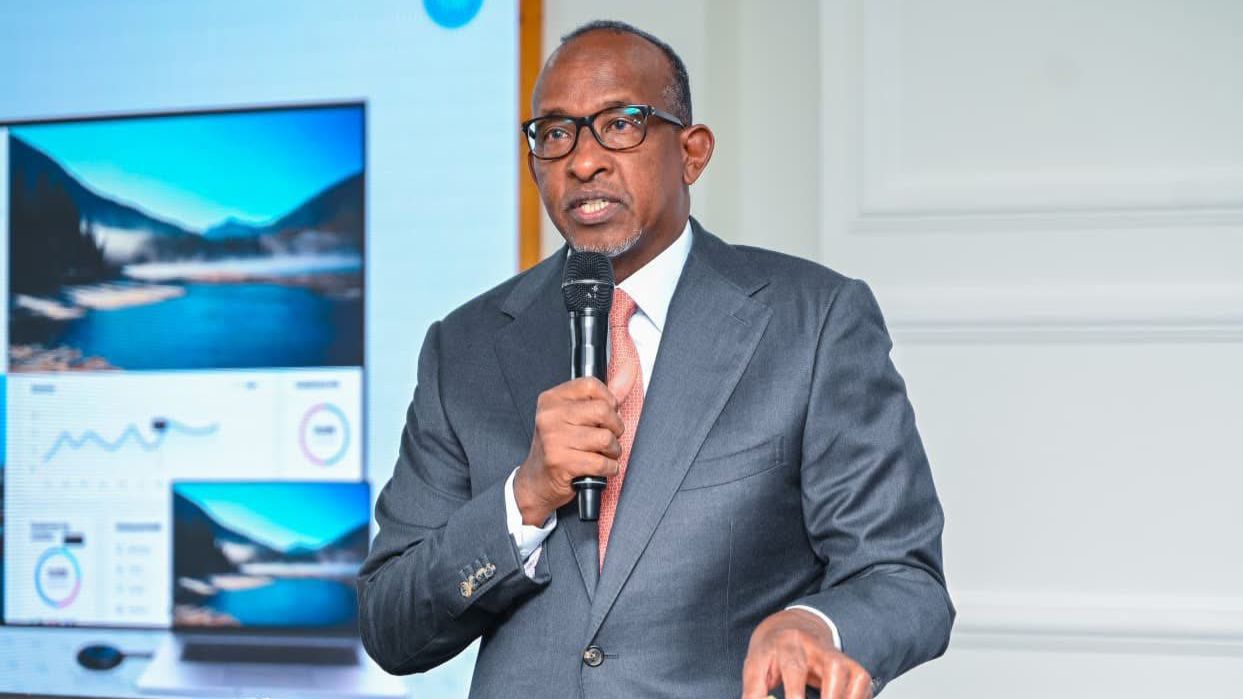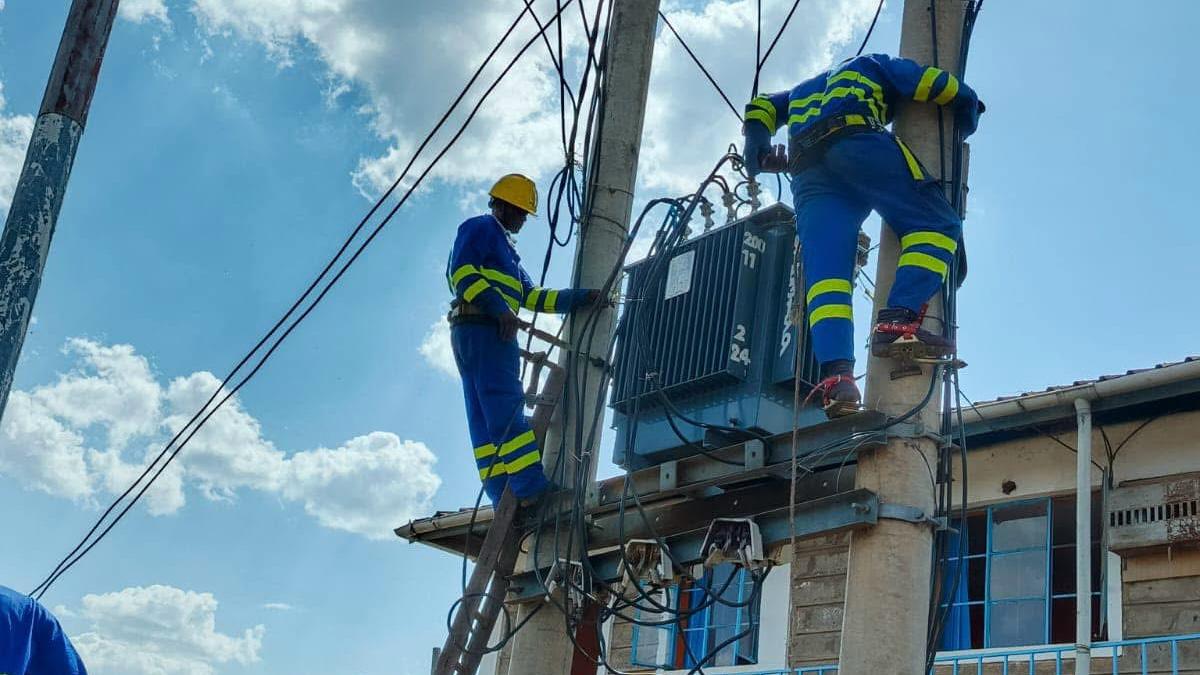In our segment of #KenyaWomenSeries, we feature, Valentine Njoroge. A media practitioner who has made a mark in the media industry, having worked at it for about 20 years. Possibly she is more famous for being not just a radio presenter in Kenya’s top 3 stations but also being listed as one of Kenya’s top 10 radio presenters.
She published a sex column for about 10 years in The Star newspaper that was ranked the number 2 newspaper column in the country. She has also been on TV and occasionally on BBC Africa’s #TheSheWord discussing issues affecting African women.
Not too long ago, she founded Dadasphere Media that focuses on creating platforms where African women can share their stories, including events and TV shows.
Valentine Njoroge’s passion for women runs deep; she is an unapologetic feminist. She is a founding member of The Graca Machel Trust’s Women in Media Network, and a trustee of the GMT’s New Faces New Voices (NFNV) in Kenya. NFNV lobbies for financial inclusion on women across Africa.
She has played a role in the significant growth of media in Kenya over the years, especially when it comes to including women as storytellers and their lived realities.
Read More
“I am proud to have played a role in making the Kenyan media draw attention to women, their achievements and challenges alike.”
After working for many years in the media and gaining expansive exposure, I couldn’t deny that whenever I wanted to highlight women or one of the issues affecting them, I was met with resistance and frequently insistence that men be part of the conversation.
So I decided to carry out a national research in conjunction with InfoTrak and the Graca Machel Trust; with the intention to establish the narrative that Kenyan media had developed when it comes to women.
The research findings revealed that Kenyans perceive women as victims and, women rarely made the news for leadership, success, or being powerful. So I purposed to change this narrative.
This is how I founded Dadasphere; a bi-monthly event platform where African women share their stories in their own words and voices. Dadasphere also produces The Loop on K24, a current affairs show that frequently focuses on how policy, law and societal issues turn up in the daily lives of Kenyan women.
1.Having spent many years as a radio host before setting up my own practice, there are two lessons I’ve learnt that can be helpful to those aspiring to join the media industry.
Think about and define the purpose of the media platform you want to engage in, way before you get in. Be very clear about this. Media sets the agenda for what Kenyans are discussing and thinking about. It is a privilege to have that microphone on radio for instance, but the bigger question should be; what do you want to use that power for? Is it just about you or do you want to move Kenyans to a better place?
Learning is a never-ending process. I studied computer science, philosophy, human anatomy, and physiology and despite knowing that I wanted to go into business I have never studied business; that was a mistake. Business failures can take years to recover from and if you want to take the entrepreneurship path, you need an understanding of basic business principles so get the education you need.
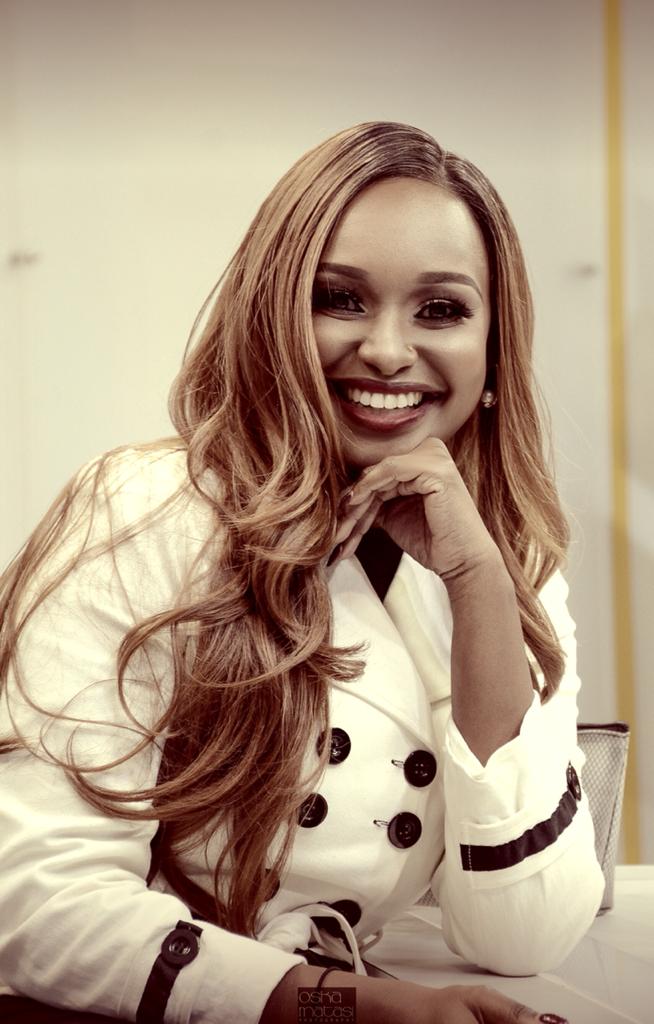
2. Drawing from your personal experience, please tell us what role has each of the following played in your career journey.
Confidence. Confidence is a product of achievement. I have learned to leap for the things I want and learn what it will take to deliver in that new role. This has grown my confidence and allowed me to reach for more things. I am clear that I am a quick learner and a hard worker.
Networking. Many people think of networking as meeting people, but actually it is giving. The best way to go about it is to build relationships by giving of your ideas, your networks, and your time. Be generous and add value it always pays off.
Work-life balance. This one is a myth! About 2 weeks in a year I get it right with work-life balance; spend time with God, my family, put in 100% at work, work out, have alone time. But if I am being honest the rest of the year I’m frequently re-evaluating my priorities.
The COVID-19 pandemic showed us all how little control we have and how our daily activities do not necessarily align with what brings us joy and fulfillment. I have since adjusted my life to include more time with God, family time, personal time, exercise etc
Mentorship. A good mentor can change your entire career; open doors, show you how to leverage opportunities and networks, grow your confidence, highlight your skill set and so much more. I am a big believer in getting a mentor who one admires and will be honest with you.

3. Which is your favourite book, and what are some of its nuggets that apply to the Kenyan professional woman?
My favourite book changes all the time. I am currently reading Good to Great: why some companies make the leap and others don’t by Jim Collins and I am loving the lessons on business and leadership.
I am also reading The Havoc of Choice by Wanjiru Koinange and all I will say is that it should be required reading for all voting Kenyans.
4. Assuming that you had a magic stick and you were in a position to change a few things in the world, which are the two things that will top your list and why?
The world should be safe for women. I would lock up all rapists and other violent criminals.
I would place Africa’s wealth squarely in the hands of her people and cut off all borrowing and financial dependence on foreign countries.
Any parting shot?
Africa is where she is by largely ignoring a huge resource at her disposal; the African woman. We have systematically been kept out of school, governance, leadership, business, and the economy. The day we fix that; the day the African woman is a fully enfranchised citizen, moving freely, enjoying equal access to opportunities and resources, the day her seat the table is no longer seen as a gift to her but rather a vital part of the conversation, on that very day, Africa will be an unstoppable force.
By Patience Nyange and Esther Kiragu
